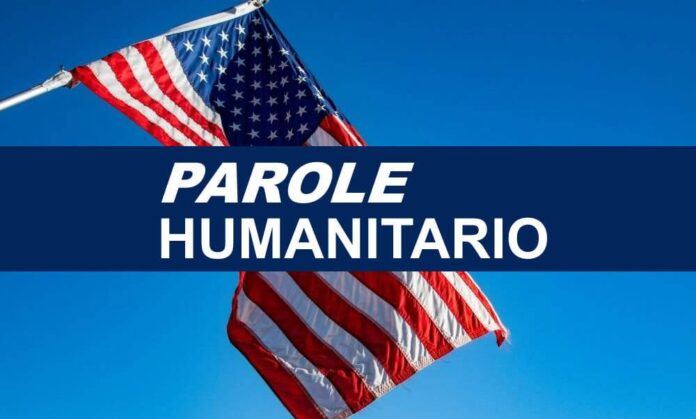
By Pedro Pablo Morejon
HAVANA TIMES – As is frequently the case, I have to travel. This time, I decide to try the Omnibus terminal. They say there’s a private truck leaving, and I wait, because the public buses have disappeared.
There’s an immensely long line to get on. People are chatting about all things human and divine, and everything in between, as is fitting in a country and circumstances that are ripe for violence, sex, and adult language. However, as nearly always happens, the conversations always come back to the current situation.
Everyone is complaining about the prices and the shortages, now joined by a recurrent topic lately: humanitarian parole. That’s the opportunity the Biden administration is offering – facilitating 30,000 visas a month to residents of four countries, including Cuba, with the aim of halting the massive and disorderly immigration at their southern border.
A gentleman of advanced years adds his voice to the dialogues, and in a professional tone tries to explain how difficult life can be in the USA. He speaks of violence in the schools, mass shootings and homeless people. A point of view that the official press in Cuba has exploited to the fullest, in an attempt to portray US society as a hell.
The man repeats all that like he was holding a megaphone, concluding that the American dream is nothing more than a myth promoted by Siren songs. While I watch him, a rap song by B of the Aledaños about our people comes to mind: “many are dead or in jail / they prefer to die for the American dream than live the Cuban nightmare.”
Afterwards, his discourse shifts onto a Cuban reality painted over by his Sophist rhetoric. I don’t know him, but I imagine he’s suffering from a kind of attack of delirium, leaving him dissociated from the reality that surrounds him. Or perhaps something even worse – a total absence of shame and dignity.
Given his copper-colored skin, I compare him to those indigenous people from Yateras, who challenged Maceo [Antonio Maceo, a military leader in Cuba’s fight for independence from Spain] when he landed near Duaba in 1895; or the Criollo volunteers who fought beside the Spanish troops during the wars for Cuban independence.
In the end, it’s only the swan song of a generation that’s out of touch with the times, and who, after collaborating actively with the nation’s destruction, can only regurgitate its poison and sink into the misery, while a death full of guilt and regrets awaits them.
Everyone is silent as he speaks, be it out of fear or disguised scorn. I keep my anger to myself out of survival instinct or cowardice, as I pretend to ignore him.
We board the truck, which then tries in vain to start up, the ignition cranking over and over again. The driver announces that it’s broken down, and we all step down to recover our money. I look at the old man – he’s less than three meters from me – and say: “it’s not a truck we need, it’s an airplane to get us out of here.” He looks at me for a few short seconds, and I hold his gaze with a challenging expression, but he turns around without saying anything.
In the end, I must resort to the highway. A lot of people are waiting there for something to travel in. Luck doesn’t fail me, so in a few minutes I find myself on a truck heading home. I say “luck” if you could call it luck to be able to get on a dump truck full of dirt and filth, thanks to the actions of a generous driver.
As soon as I get home, I get a telephone call. It’s my daughter, who tells me something I can barely understand, in a voice tearful with emotion. I only hear: “Mayito got a paro.”[stoppage – usually indicating a heart attack]. Mayito is her older half-brother, her mother’s son. “WHAT??” I react, while my chest tightens in fear.
“I said my brother got Parole – he just got his approval notice!”
So then, I rejoice with her and I relax. She puts Mayito on the phone, and he’s all excited. I can only wonder to myself: “What kind of shitty country is this, that one even rejoices at news of a family separation?”
Read more from the diary of Pedro Pablo Morejón here.




